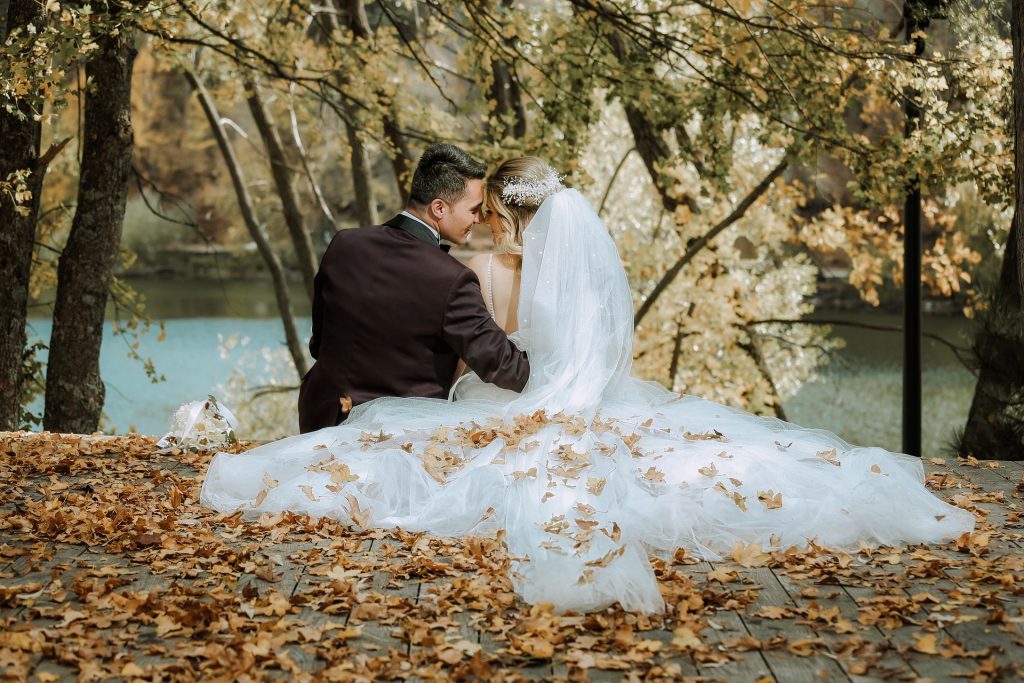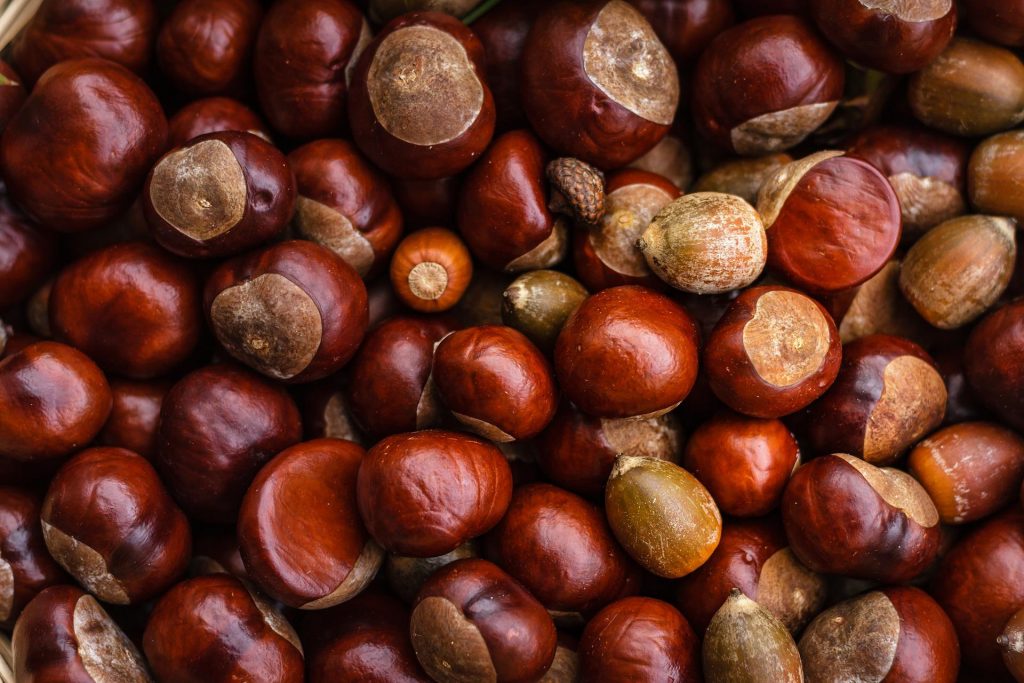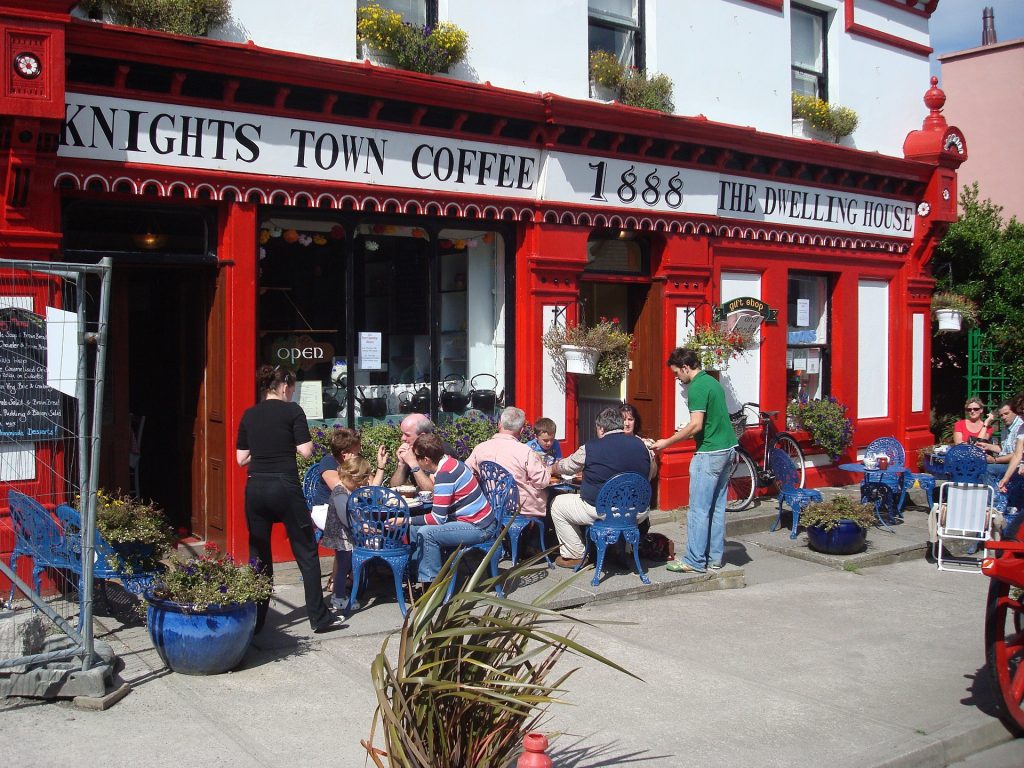Last time we talked about our family groupies. Did you make that list? If you recall, folk group is a term used a lot in folklore circles. It is basically any group of people that has at least one thing in common—that is significant. That is a key aspect to folk groups. Whatever this something is, it has to be significant to that member in order for them to be a member!
You should also know that you can not just give someone a folk group. Members have to actually decide on that for themselves.
A folk group comes in many shapes and sizes. It can be as small as two people (called a dyad), like the example I gave for my husband and I. It can also be a larger group, without a maximum number set.

Folk groups can be based on so many things. Just to name a few, it can be based on necessity or obligation. It can also relate to circumstances or proximity, or just regular interaction with others.
Some of the more well-known ways that people choose to be a member of a folk group is the shared interests and skill that they have.
How does that work? We are born into whatever country, state, city, etc., and that places us immediately into a larger group of individuals also born into that same place. For example, a lot of people born in the state of Ohio, refer to themselves as a Buckeye. This is primarily in reference to the Ohio State University and the school mascot of a Buckeye. It is also the official state tree. Ohio has a prevalence of these Buckeye trees all throughout the state! We take that title and claim it as part of our identity.

From this starting point, we begin to learn our beliefs, our values, traditions, and worldviews—often long before we ever realize what those things are!
As we continue to look at the bigger picture, we can use this starting point with things like where we live or what we do in our communities. Do you attend church? Play sports? Member of a library system? Volunteer at a school or other organization?
Then we can narrow our focus inward, like the zoom on a camera lens, taking a look at the local groups that are offered or that we belong to.
All of these things can and do define our memberships into different folk groups.
It’s not a linear line either. Be ready for a roller coaster ride trying to connect those dots!
Our daily cultural expressions demonstrate what groups are important to us. This could be anything from the way we talk, to what we wear, to how we choose to spend our free time. Creative activities, such as dance or art, are some ways that we as individuals express ourselves. This expression, when shared with others, creates a folk group.
Some groups are virtual networks, like Facebook or other social media pages. They function much the same as a face-to-face group and have been increasing in popularity with the pandemic. This can also lead to in-person interactions that can often deepen the relationships within folk groups.
Spaces, like coffee shops, libraries, or even offices, are often looked at as community anchors for folk group interaction. One of the most visible ways that this takes place is within certain hobbies or sports for any age group.

I belong to a folk group for crocheting. It’s a great way to keep your hands busy even if you are focusing on other things. Once a month, I meet with many others within this folk group at the local library. We share projects, tips and tricks, and support and encourage one another. The library acts as a community resource for our group.
Just going to the library doesn’t make us a part of the same group, nor does crocheting. But doing it together- sharing that passion and experience—that’s folk groups!
Fun fact: Your local library often has a lot of information on local groups and organizations and just overall resources for a variety of things.

I also belong to a group for my genealogy interest. Coincidentally, we also meet at the library! Don’t judge—it’s free! We could all use a bit more “free” in the world today. My mom’s group meets every other week at a coffee shop—we do like to change it up a bit every once in a while.
Full disclosure: I’m a lover of both books and coffee. I might just sit in on any group based on location. What about you? Are you surprised yet?
I’d love to hear your thoughts in the comments or on social media. Are you surprised at what groups you are in? Will you make it a point to dive deeper this week? How can you serve your community and grow in your folk groups?